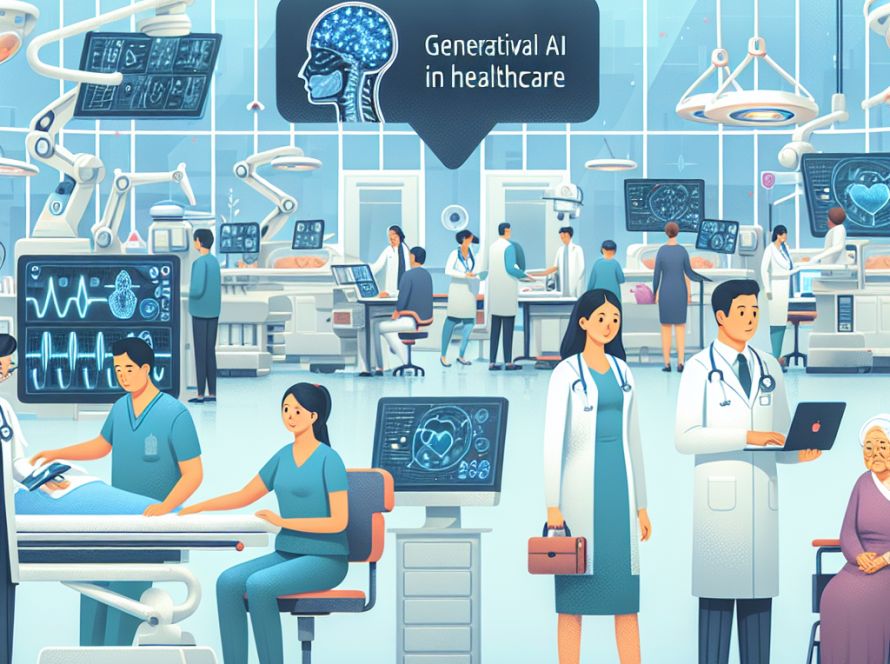Large Language Models (LLMs) such as ChatGPT are transforming educational practices by providing new ways of learning and teaching. These advanced models generate text similar to humans, reshaping the interaction between educators, students, and information. However, despite enhancing learning efficiency and creativity, LLMs bring up ethical issues related to trust and an overdependence on technology.
The central focus of this study is how to strike a balance between learning efficiency offered by LLMs and the potential trust and ethical issues they raise. While LLMs offer faster information retrieval and idea generation, students must be wary of their accuracy and potential overreliance on these tools.
Traditional tools such as search engines and AI education platforms provide useful information, but often lack the nuanced understanding and interactiveness of LLMs. Conventional methods are now being augmented with LLMs that decrypt complex information and present it in an understandable manner, thus enhancing the learning experience. The transition from traditional search engines to tools like ChatGPT exemplifies a notable shift in how information is accessed and deployed.
A method was introduced by researchers from Pennsylvania State University for leveraging ChatGPT to boost educational outcomes. It involved conducting semi-structured interviews with 14 students aged between 18 and 35, coming from diverse educational and professional backgrounds. The main objective of the interviews was to understand the students’ experiences with ChatGPT, focusing on its advantages and challenges within the academic environment. The method outlined how LLMs can be integrated into the educational system to enhance learning efficiency and creativity, while also addressing concerns about dependability and trust.
The method involved using ChatGPT for both intentional and incidental learning. Intentional learning happens when students use ChatGPT with particular goals like obtaining specific information or generating creative thoughts. Incidental learning takes place through repetitive tasks, where students unknowingly improve their grammar and language skills. Despite its many benefits, the study highlighted concerns about the accuracy of ChatGPT and the potential for dependency on it.
The study found that while ChatGPT significantly improved efficiency in information retrieval and idea generation, students raised concerns over its accuracy. They emphasized the need for rigorous verification of information to prevent the spread of misinformation. The findings underscored the importance of using such tools judiciously, ensuring they supplement rather than replace traditional learning methods.
In conclusion, while LLMs like ChatGPT offer considerable benefits by enhancing efficiency and creativity, they also present challenges related to trust and overreliance. It is of utmost importance for both educators and students to ensure the information provided by LLMs is accurate to maintain the credibility of educational outcomes. This study reveals the potential of ChatGPT to revolutionize education while emphasizing the need for a balanced approach in integrating it into learning environments.


